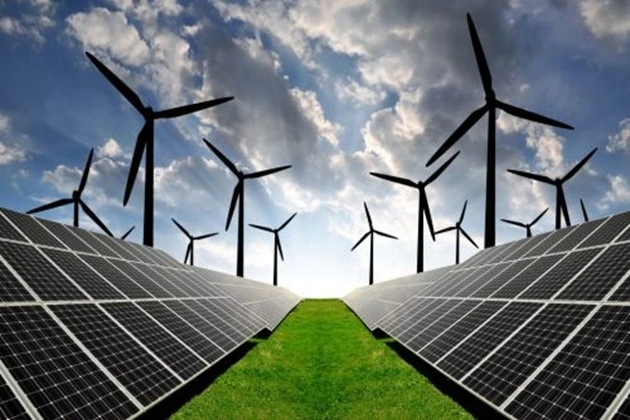Senegal is embarking on a major energy transformation, investing 73 billion CFA francs to develop a national strategy for clean cooking fuels and biofuels from 2025 to 2035. This project aims to reduce dependence on polluting energy sources while fighting against deforestation and improving public health.
Today, many Senegalese households, especially in rural areas, still use wood and charcoal for cooking. This practice accelerates the disappearance of forest resources and contributes to environmental degradation.
Beyond the ecological issues, using these fuels has a significant health impact. The fumes emitted in homes cause many respiratory diseases, particularly affecting women and children who are most exposed. Aware of these challenges, the government wants to promote more sustainable alternatives. The initiative focuses on developing butane gas, improved stoves with low wood consumption, ecological briquettes, and cooking with electricity, in particular, thanks to solar energy.
To ensure the success of this transition, awareness-raising campaigns will be carried out to encourage people to adopt these new practices. The State also provides for accompanying measures to facilitate access to adapted equipment. Visit. A F R I N I K . C O M . For the full article. This strategy is part of a broader vision aimed at diversifying Senegal’s energy mix and strengthening its commitment to sustainable development. Through this policy, the country intends not only to improve the living conditions of its population but also to assert itself as a model in terms of energy transition in Africa.
